Paul Reidt of Kochman Reidt + Haigh Cabinetmakers is Welcomed into the New England Design Hall of Fame
November 1, 2024
Text by Maria LaPiana
A series of happy accidents altered the trajectory of Paul Reidt’s career from premed to philosophy to custom cabinetry. President of Kochman Reidt + Haigh Cabinetmakers in Stoughton, Massachusetts, Reidt says his parents inspired him: “My mother was a painter who taught me to see the world in unconventional ways. My father, a doctor, showed me how to break down the complexities of the world, the ways we think about it.”
Inspiration and Early Experiences in Craftsmanship
Reidt grew up in Grosse Pointe, Michigan, where he pored over Popular Mechanics magazines. He remembers watching a neighbor carve a model airplane from balsa wood. “It was a marvel to me to take an unformed material and make something that could actually fly,” he says. “It made me think of ‘making’ as an astonishing power.” As a teenager, he spent summers learning carpentry fundamentals by rebuilding his family’s lakeside cottage in the Adirondacks. He came by his most transformative early experience “by extraordinary accident.” His high school girlfriend’s dad needed a carpenter to work on his new home—the Parcells Residence, a modernist masterpiece designed by renowned architect Paul Rudolph.
Reidt studied English and biology at Hobart and William Smith Colleges, was accepted into med school but decided against it. Instead, he studied philosophy at Boston University before moving on to the Boston Architectural College while working as a cabinetmaker to pay the bills. Woodworking became his full-time vocation in 1982, and over the years, as his company has grown, he says the “process of inquiry, discovery, and invention continues to bring pleasure.” Reidt’s passion for learning inspired him to launch the B/A/D Talks, professional networking events that invite builders, architects, and designers to engage and exchange ideas in Boston.
When a longtime client commissioned KR+H to work on a magnificent ranch home in Wyoming three years ago, he leapt at the opportunity. “We spent a year designing, a year building, and just finished the installation,” he says. “We’d never worked in such an environment, such a different aesthetic. It was breathtaking and vast—and it was wonderful having to learn it.”
Share
![NEH-Logo_Black[1] NEH-Logo_Black[1]](https://b2915716.smushcdn.com/2915716/wp-content/uploads/2022/08/NEH-Logo_Black1-300x162.jpg?lossy=1&strip=1&webp=1)





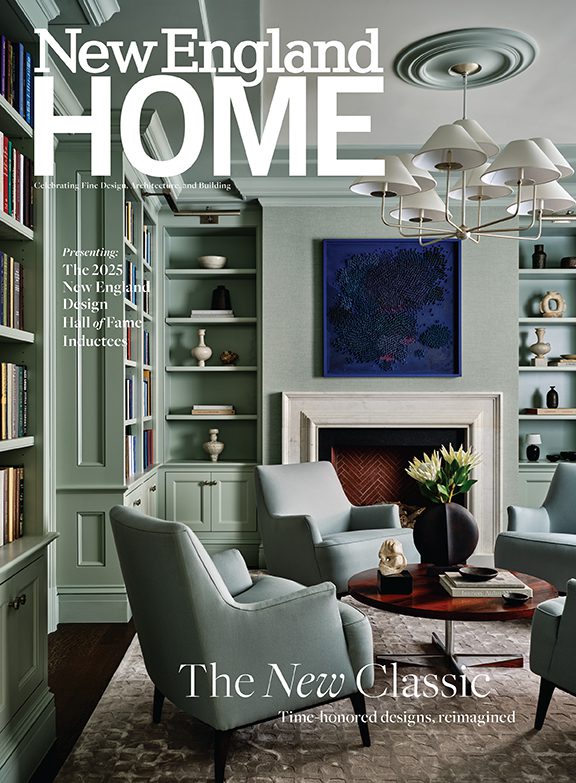
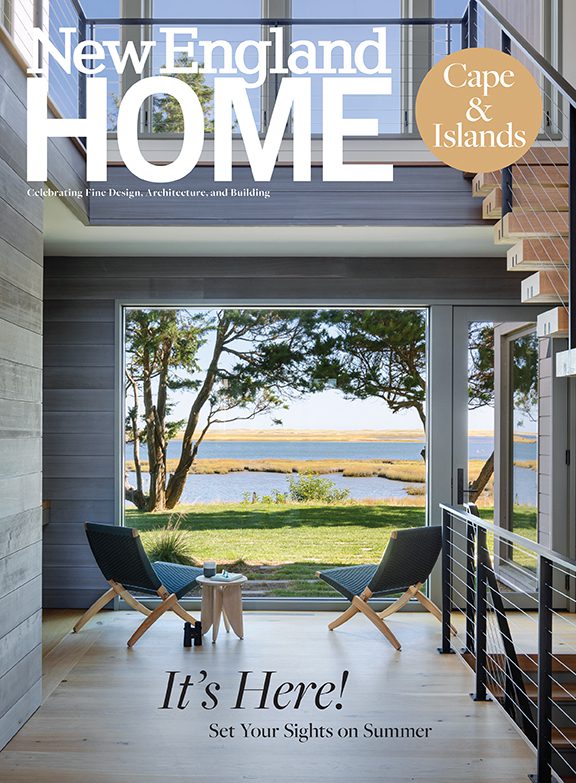
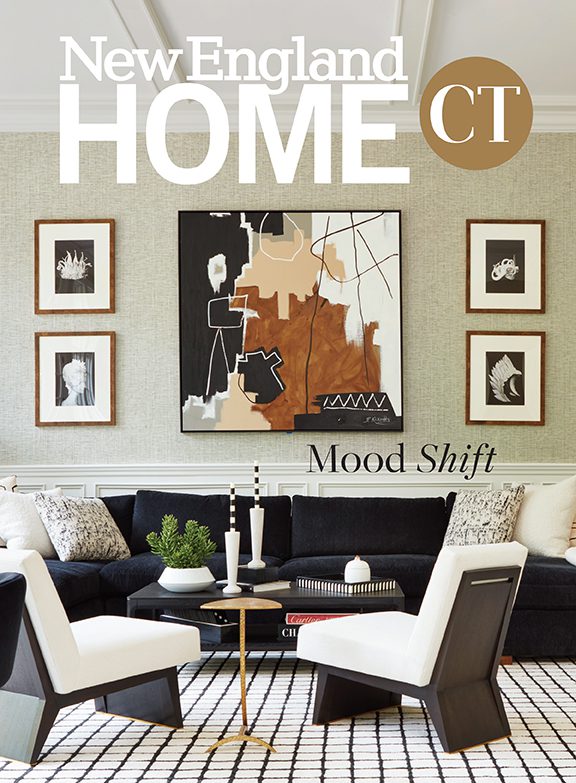
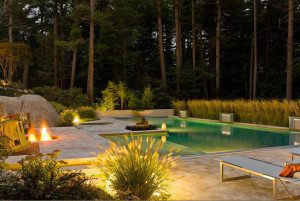
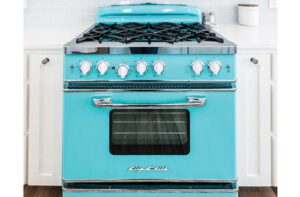
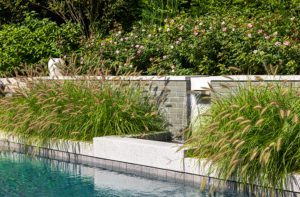
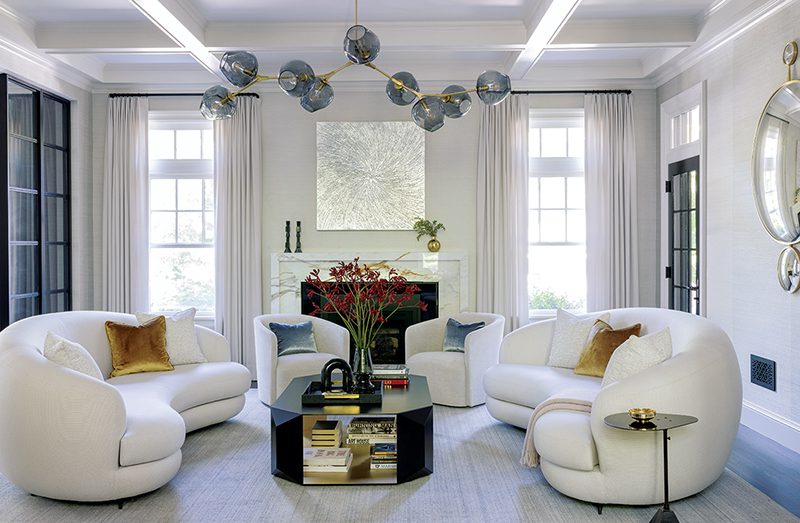
You must be logged in to post a comment.